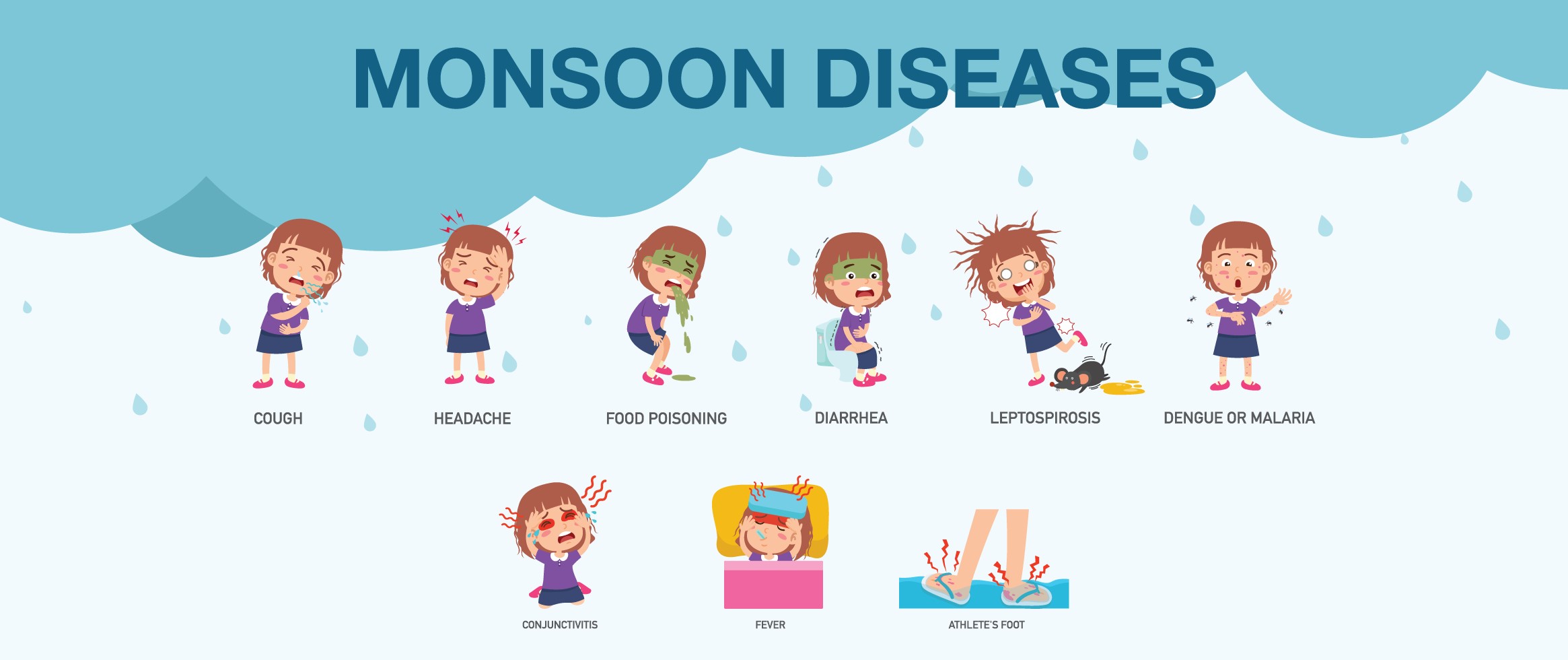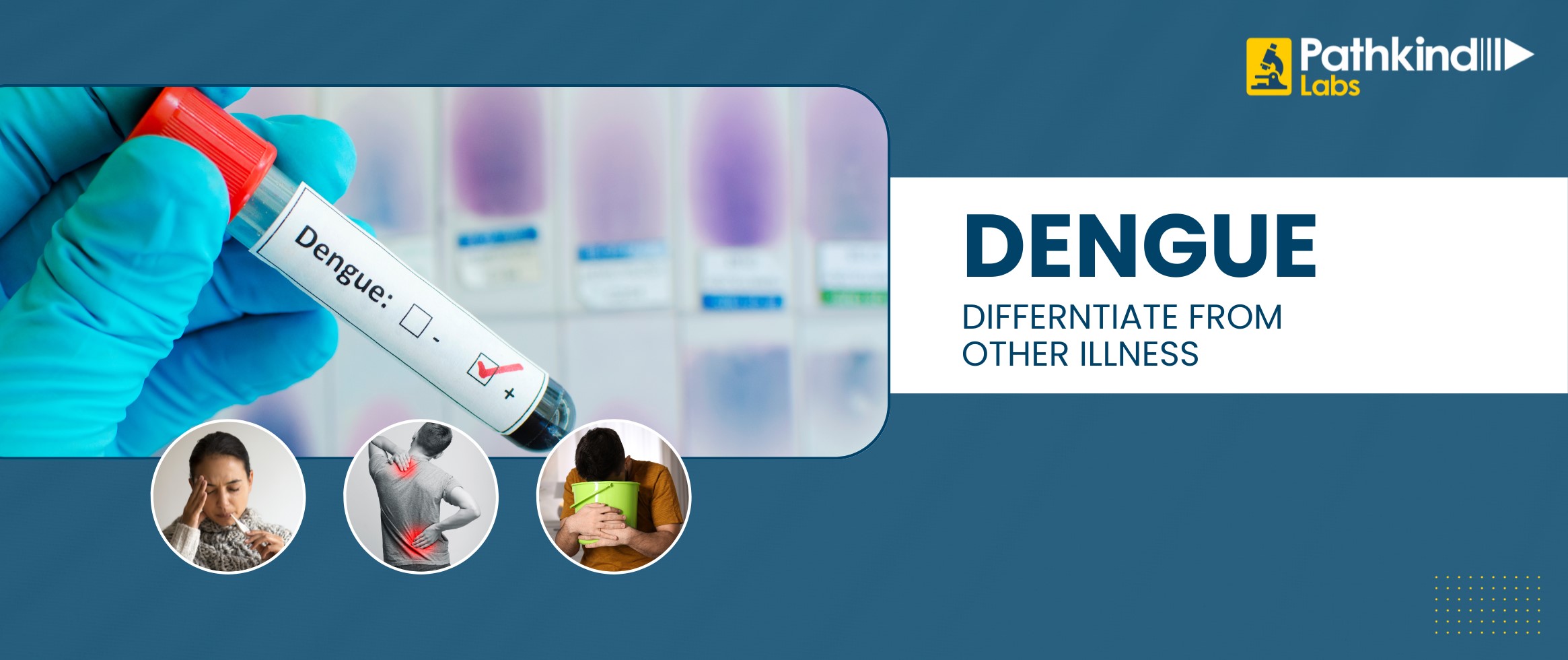Dengue Duo Rapid Test

Gender for
Male, Female
No special preparation required

Sample Type
Serum
Test Overview
Dengue Duo Rapid Test
The Dengue Duo Rapid Test checks for Dengue virus antibodies in human blood, serum, or plasma. It uses a widely used technology called lateral flow immunochromatography, which is often used for simple, on-the-spot diagnostics. The test kit comes with a cassette having multiple lines for different Dengue antibodies.

 NABL approved
NABL approved Labs
 Most Trusted by
Most Trusted by Doctors
 Accuracy &
Accuracy & timely reporting
 Widest Range
Widest Range of Tests
Test Details
Frequently asked questions
No, the Dengue Duo Rapid Test is designed for use by healthcare professionals or trained individuals in clinical settings. It involves the use of blood, serum, or plasma and requires proper handling and interpretation.
The Dengue Duo Rapid Test does not differentiate between primary and secondary infections. It detects the presence of Dengue-specific antibodies (IgM and IgG) but does not specify whether it is the first or subsequent Dengue infection.
Best results come a few days post-symptom start when antibodies are detectable. Consult healthcare experts for the right test timing.
Like all tests, false results can happen. Clinical judgement and extra tests may be needed for precise diagnosis.
While the rapid test is a valuable tool, it is not a substitute for laboratory-based tests. Confirmatory tests and clinical evaluation may be needed for comprehensive diagnosis.
The Dengue Duo Rapid Test is primarily a diagnostic tool. Monitoring disease progression typically involves other clinical assessments, and healthcare providers may recommend additional tests as needed.
The test is designed to detect antibodies common to multiple Dengue virus serotypes. It does not differentiate between serotypes.
Weather doesn't usually impact the Dengue Duo Rapid Test's accuracy. Proper storage, following the manufacturer's instructions, ensures reliable results.
The Dengue Duo Rapid Test is intended for Dengue-prone areas but can be used in non-endemic regions with suspected cases or a travel history to Dengue-prone places.
No, the Dengue Duo Rapid Test does not provide information about the severity of Dengue infection. Clinical assessment and additional tests may be required for evaluating the severity of the disease.
















